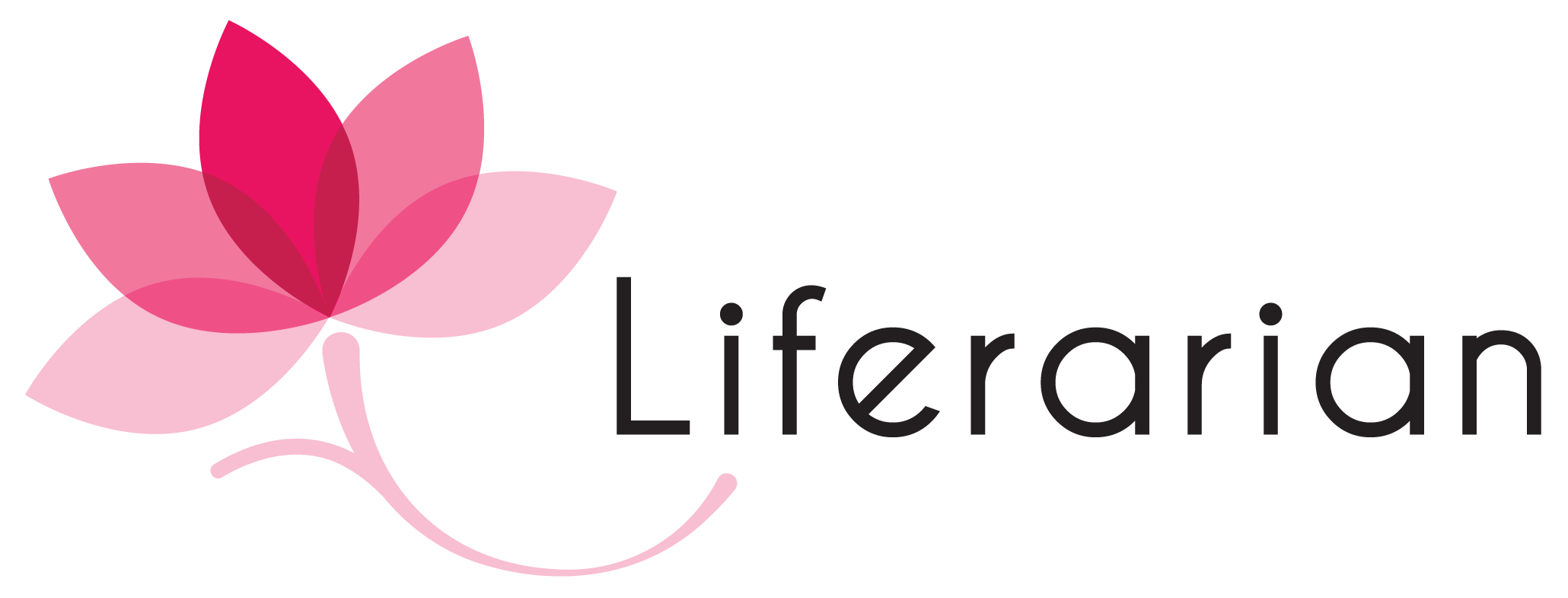Learner Agency: Building Voice, Choice, and Ownership in the Library
A venue that once invited students to browse its shelves for information that could only be found within its tomes of knowledge called encyclopedias, or search for an adventure through aisles and aisles of stories; a school library is a place that either invokes a smile or induces a cringe. As for me, I smile. I remember eagerly anticipating my elementary school librarian’s weekly visits to my sixth-grade class as he read aloud another section of “Where the Red Fern Grows”, by Wilson Rawls. Perhaps he is one reason I became a teacher librarian. Perhaps this is one reason that book remains high on my list of favorite books.
Sadly, not everyone holds such fond memories about their school library. Instead, the mere mention of “librarian” brings shushes to be quiet and jokes about little old ladies in glasses.
The fact is, many libraries remain set in such a time and place, afraid to move forward for fear they might have to part with some of their cherished books and (likely outdated) reference materials in its collection. Though my library was far from that description, when I took over as the librarian, I was determined to change that image and instead try to create a community inspired learning hub.
Having taught in the classroom, I was keenly aware that students’ reading habits had changed. Easy access to the information super highway through classroom technology had dramatically changed how students and school communities interacted with libraries. Stepping back to reflect, it was evident that our school library needed to change with the times. One of these changes involved the incorporation of student agency within the library.
Voice
Choice
Ownership
According to the International Baccalaureate Organization, students with the agency “use their own initiative and will, and take responsibility and ownership of their learning. They direct their learning with a strong sense of identity and self-belief, and in conjunction with others, thereby building a sense of community and awareness of the opinions, values and needs of others.” (IBO)
The concept of student agency isn’t new, but recently the idea of students taking charge of their learning has come to the forefront in education. Though many librarians (and teachers, for that matter) find the notion uncomfortable, research shows that “student agency has a significant impact on students’ academic performance and perceived learning experience.” (Lou, 50)
Contemplating this conclusion, I began reflecting on how a school might incorporate agency in the library. How can it foster student agency? How might the school know? When voice, choice, and ownership are inherent to a school library’s culture, what does it look like? How does it sound? How does it make the library feel?
I began exploring more and found an article from the IB providing guiding questions and principles associated with examining Learner Agency in any setting. What is the learner doing? What is the adult/facilitator doing? What’s happening in the environment?
I took these questions and principles and used them to create my understanding of Learner Agency in the Library in the Y chart below. I’m sure there are missing descriptors, but this gave me a better picture of what I might strive for today.
Is your library perceived as only a space that houses volumes, classics, and outdated reference materials rigidly controlled and seemingly inaccessible to the learning community? Reflecting on these questions can help you transform your library into a community inspired learning commons where learner agency is celebrated and fostered. I’ve intentionally used the words “our” and “we” in the questions below to help bring about the idea of community.
Voice
Does the learning community have an active voice and stake in the library?
How are we creating opportunities for students’ interests and voice to be heard?
Choice
Do the library hours offer the community freedom and flexibility?
Does our library offer a range of perspectives?
Does our library offer flexible spaces for students to think, plan, collaborate, modify, socialize, reflect, and create?
Are the library spaces multilingual? Multimodal? Flexible?
Ownership
Are scaffolds and supports available to instill independence for even the youngest visitors?
Am I a careful and responsive (but not too helpful) observer?
What resources do we provide that support and stimulate the learning community?
How do we support a growth mindset?
How do we help students make responsible decisions?
Is the library safe (both physically and emotionally)?
Are students seen self-regulating and navigating the library freely?
How do we inspire library patrons to support one another?
Does our library feel inviting, productive, inclusive, and busy?
These questions are just a starting point as there are others that could be added to this list. For more ways to support Learner Agency in the library here are a few other articles you might also find interesting:
Student Agency: A Paradigm Shift in the Role of the Library in Learning
Power to the Pupils: School Libraries and Student Agency
Student Agency: Revisiting Choice Words
Student Agency design learning space
On Libraries: Growth Mindset + Agency = Learning
By Linda Johnson
Linda Johnson is a retired private school teacher librarian and curriculum coordinator. Passionate about supporting language and literacy development in students, she remains active in education as an educational consultant with the International Baccalaureate Educator Network. Linda trains and coaches teachers and school leaders in Texas, across the United States, and around the world to support the implementation of best practices, inquiry-based teaching, and student agency.
Sources –
“Learner Agency.” International Baccalaureate Organization (IBO), 14 Dec. 2018, resources.ibo.org/pyp/framework/The-PYP-Framework/works/pyp_11162-51463?root=1.6.2.2.5.3.
Luo, Heng & Yang, Tingting & Xue, Jin & Zuo, Mingzhang. (2018). Impact of student agency on learning performance and learning experience in a flipped classroom. British Journal of Educational Technology. 50. 10.1111/bjet.12604.
“Examining Learner Agency in Your Setting.” International Baccalaureate Organization, 2017.



I just want to say I’m all new to blogging and site-building and really enjoyed your blog. Likely I’m planning to bookmark your website . You certainly come with perfect articles and reviews. Regards for sharing with us your website page.